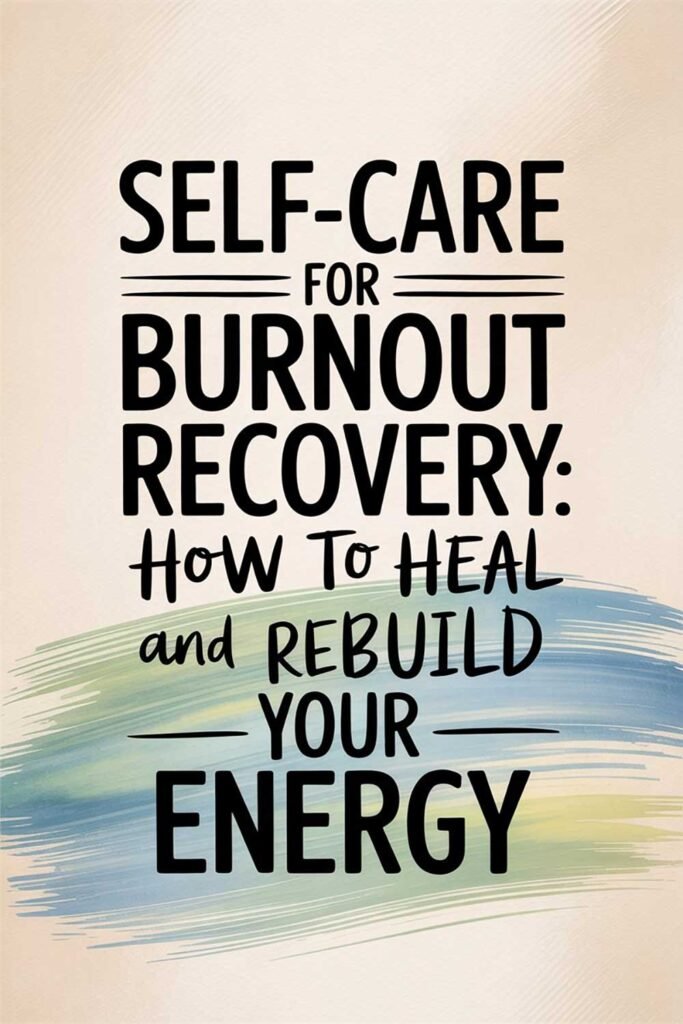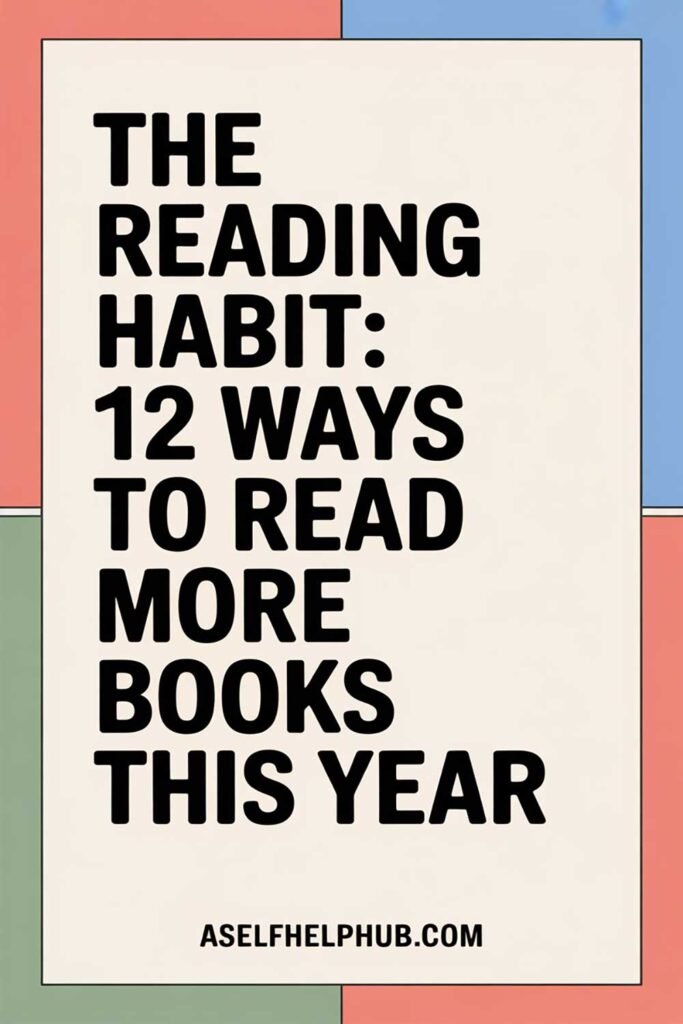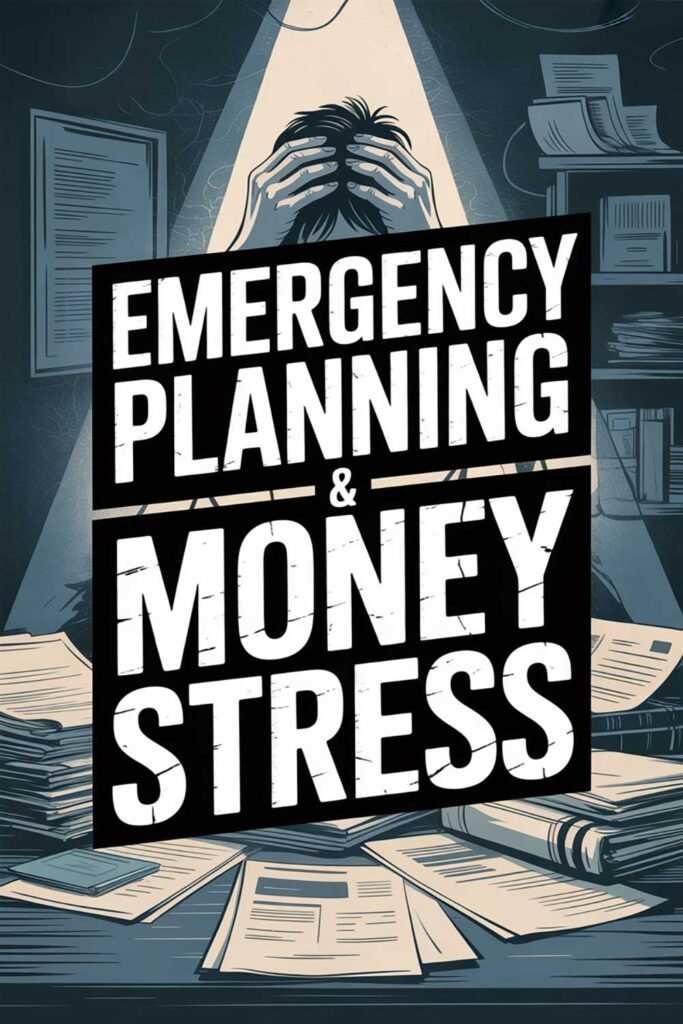10 Effective Ways to Manage and Reduce Chronic Fatigue
Chronic fatigue is more than just feeling tired. It’s a persistent, overwhelming sense of exhaustion that doesn’t improve with rest and can severely impact your quality of life. Whether you’re dealing with chronic fatigue syndrome (CFS), fibromyalgia, or fatigue caused by stress, illness, or lifestyle, finding lasting relief requires a multi-faceted approach.

The good news? There are proven, practical ways to manage and reduce chronic fatigue so you can reclaim your energy, focus, and vitality. Below are 10 effective strategies—backed by science and supported by real-life success stories.
1. Prioritize Sleep Hygiene
Getting quality sleep is essential, yet chronic fatigue often disrupts sleep patterns.
Real-Life Example:
Monica, who battled fatigue for years, improved her sleep by setting a strict bedtime, reducing blue light exposure, and using white noise. Her energy levels gradually increased over 6 weeks.
Action Tip:
Stick to a consistent sleep schedule, avoid screens 1 hour before bed, and create a calming pre-sleep routine.
2. Balance Activity With Rest (Pacing)
Overexertion can worsen fatigue. Learn to pace your physical and mental efforts to avoid energy crashes.
Real-Life Example:
David used to push through tiredness, only to feel worse later. Once he learned to break tasks into chunks and rest in between, he could do more with less burnout.
Action Tip:
Use the “energy envelope” approach—work within your energy limits and take planned breaks.
3. Stay Hydrated
Dehydration is a hidden contributor to fatigue. Even mild fluid loss affects energy and cognition.
Real-Life Example:
Jenna increased her water intake from 3 to 8 glasses daily and noticed a significant drop in her afternoon crashes.
Action Tip:
Carry a water bottle and aim for at least 64 oz (about 2 liters) per day.
4. Improve Nutrition and Blood Sugar Stability
Skipping meals or eating high-sugar foods can create energy spikes and crashes.
Real-Life Example:
Tim added high-protein snacks and reduced processed sugar. His blood sugar levels and energy stabilized within weeks.
Action Tip:
Eat small, balanced meals with protein, healthy fats, and fiber throughout the day.
5. Get Gentle, Regular Movement
While intense workouts may be too much, gentle movement like stretching or walking can enhance circulation and mood.
Real-Life Example:
Sophie began walking 10 minutes a day, then added restorative yoga. Her body felt less stiff, and her fatigue became manageable.
Action Tip:
Start with 5–15 minutes of low-impact activity like tai chi, yoga, or walking.
6. Practice Stress Management Techniques
Chronic stress drains energy and taxes the nervous system.
Real-Life Example:
After daily mindfulness sessions and journaling, Laura noticed better focus and fewer fatigue flares.
Action Tip:
Incorporate deep breathing, meditation, or gentle stretching into your daily routine.
7. Rule Out Underlying Medical Conditions
Fatigue can stem from thyroid issues, anemia, infections, or other chronic illnesses.
Real-Life Example:
Nathan suffered from fatigue for months until a blood test revealed low iron. Treatment improved his energy within weeks.
Action Tip:
Consult your doctor to check for vitamin deficiencies, hormonal imbalances, or autoimmune conditions.
8. Limit Caffeine and Alcohol
Though caffeine provides a temporary boost, it can disrupt sleep and cause energy dips. Alcohol is a depressant and may worsen fatigue.
Real-Life Example:
After quitting coffee and switching to herbal tea, Megan slept better and felt less jittery during the day.
Action Tip:
Limit caffeine to morning hours and avoid alcohol, especially near bedtime.
9. Build a Support System
Managing fatigue is easier with emotional and practical support.
Real-Life Example:
Brian joined an online fatigue support group. Connecting with others made him feel less alone and more motivated.
Action Tip:
Share your journey with family, friends, or support communities—don’t do it alone.
10. Work With a Specialist
Functional medicine doctors, naturopaths, and chronic illness coaches can offer personalized strategies.
Real-Life Example:
Elaine worked with a naturopath who guided her through diet changes, detox support, and supplements. Her symptoms gradually improved.
Action Tip:
Seek expert guidance to build a plan tailored to your body’s needs.
🌟 20 Quotes About Managing Fatigue and Healing
- “Healing takes time, and asking for help is a courageous step.” – Mariska Hargitay
- “Rest is not idleness; it’s preparation for resilience.” – Unknown
- “Sometimes the most productive thing you can do is rest.” – Mark Black
- “You are not lazy. You are tired. And that’s okay.” – Unknown
- “Listen to your body. It’s telling you what it needs.” – Unknown
- “Fatigue is not a weakness. It’s a message.” – Unknown
- “Your energy is your most valuable currency. Spend it wisely.” – Unknown
- “Progress is not linear. Rest is part of the journey.” – Unknown
- “Wellness is the natural state of the body when we stop doing what makes us sick.” – Unknown
- “You don’t have to do everything today. Just what matters most.” – Unknown
- “Healing doesn’t mean the damage never existed. It means it no longer controls you.” – Unknown
- “In the middle of every difficulty lies opportunity.” – Albert Einstein
- “It’s okay to rest. Even the sun takes a break.” – Unknown
- “Be kind to yourself. You’re doing the best you can.” – Unknown
- “Some days, getting out of bed is a victory.” – Unknown
- “Your worth is not measured by your energy level.” – Unknown
- “Strength is found not in never falling, but in rising each time you do.” – Confucius
- “Self-care is how you take your power back.” – Lalah Delia
- “Recovery is not a race. It’s a journey.” – Unknown
- “Give yourself permission to pause.” – Unknown
💭 Picture This
Imagine waking up after a full night’s rest—not groggy or heavy, but clear-headed and refreshed. You move through the day without crashing by noon. You’ve found a rhythm that honors your limits but expands your strength.
You take a walk in the sun, laugh without feeling drained, and go to bed feeling proud instead of depleted. That’s not just a dream—it’s a life that becomes possible with steady, compassionate care for your body and mind.
What would your life look like with energy that finally supports your goals?
📬 Share This Article
If this article offered hope or insight into managing chronic fatigue, please share it with someone who might be struggling. Your share could help them take the first step toward healing.
⚠️ Disclaimer
This article is for informational purposes only and is based on general health and wellness practices. It is not intended to diagnose or treat any medical condition. Always consult a licensed healthcare provider before starting new treatments, supplements, or exercise routines.






